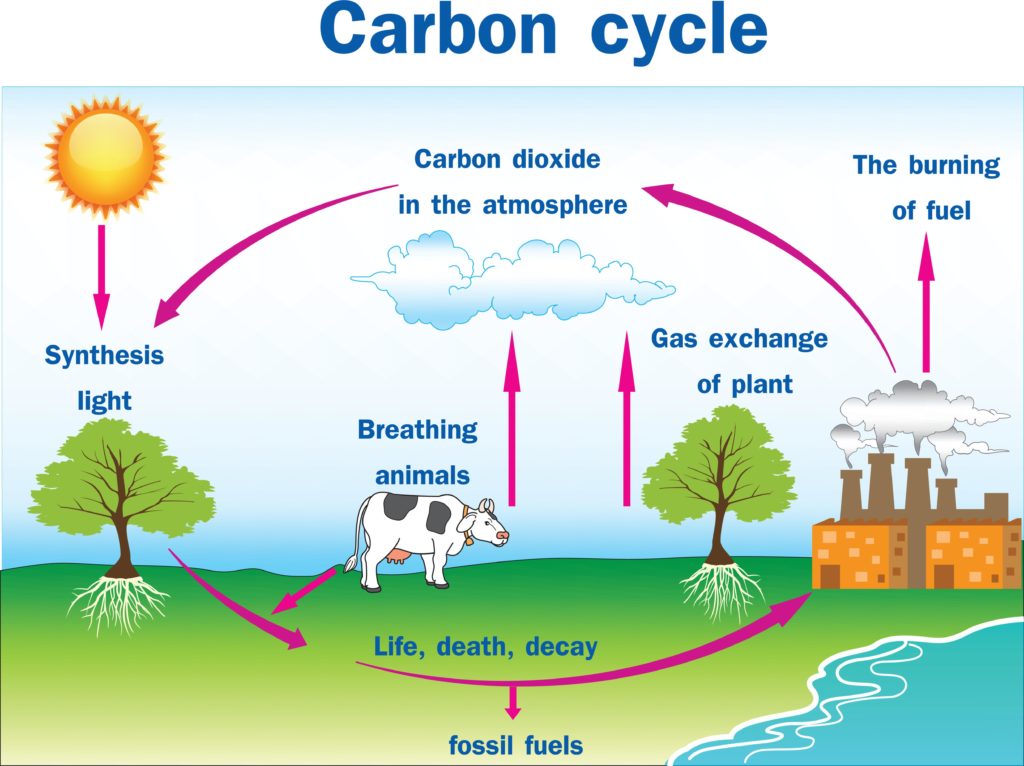Quote:
Rich nations, don't be blind. Climate disaster is coming
BY EUGENE ROBINSON
THE WASHINGTON POST
Industrialized nations are mostly responsible for climate change, but developing nations are suffering some of the most devastating impacts. Shouldn't the rich be obliged to help the poor?
That is the key question at the U.N.-sponsored climate change summit underway in Sharm el-Sheikh, Egypt. Morally, the answer is clear: The problem's creators should aid their victims.
But this gathering of world leaders, called COP27, marks the first time those high-emitting wealthy countries are seriously engaged on this "loss and damage" issue. I'm not optimistic that there will be a breakthrough. And we in the developed world will come to regret our leaders' inaction.
China is by far the world's largest carbon emitter on an annual basis. But lest we in the United States congratulate ourselves, remember carbon dioxide remains in the atmosphere for thousands of years. The emissions debt wealthy nations owe poorer ones is best measured cumulatively. Since 1750, when industrial-scale emissions began, the United States has emitted far more carbon than any other country, followed in order by China, Russia, Germany, the United Kingdom, Japan, India, France, Canada and Ukraine.
Absent from that list are countries such as Ethiopia, Somalia, Kenya and Pakistan all of which are now ravaged by extreme weather events blamed on climate change.
The Horn of Africa is in the midst of a multiyear drought described as the worst in at least four decades, threatening more than 18 million people with extreme hunger. And Pakistan suffered devastating floods this summer that at one point left one-third of the country underwater and impacted 33 million people, many of them in urgent need of humanitarian aid.
Meanwhile, sea level rise threatens coastal cities around the world, including in developing nations in Africa, Asia and South America that lack the resources to adapt by building expensive barriers or moving entire communities further inland.
These disasters might seem distant. But they won't stay that way.
People who no longer can grow crops to feed their families or whose homes have been swept away do not just stay in place and suffer. They move.
First, they crowd into already-overburdened cities, straining resources and creating the kind of political instability that often provides a breeding ground for terrorism. Then, in desperation, climate refugees set out to reach wealthy countries such as the United States, Britain, Germany, France, Canada, Australia and others on the list of historic carbon emitters.
Droughts and floods will only increase the numbers of African migrants who set out on flimsy craft to cross the Mediterranean Sea into Europe. Climate change will only swell the numbers of Central American migrants fleeing gang violence in overcrowded cities who find ways across the southern border into the United States.
President Biden mentioned recent and ongoing climate disasters in his remarks at the Sharm el-Sheikh summit last week. "That's the duty and responsibility of global leadership," he said. "Countries that are in a position to help should be supporting developing countries so they can make decisive climate decisions."
In a nation unwilling to discuss meaningful reparations for its own citizens Native Americans who suffered genocide, African Americans whose ancestors were bound in slavery reparations for distant countries impacted by climate change sounds like a fantasy, not a realistic political agenda or campaign message.
At least the loss and damage issue is on the official agenda for the first time, though. And some of the European colonial powers that stole vast wealth from the developing world including France are making monetary pledges. But the United States and China, the world's biggest economies, remain on the sidelines.
Year by year, though, the global impact of climate change becomes more evident and more alarming. Someday we will realize that as human beings we are all in this together and that wherever you live, your climate emergency today will be my crisis tomorrow.









